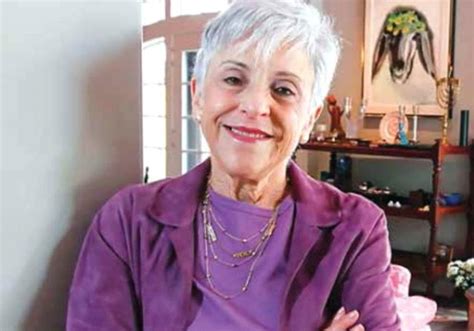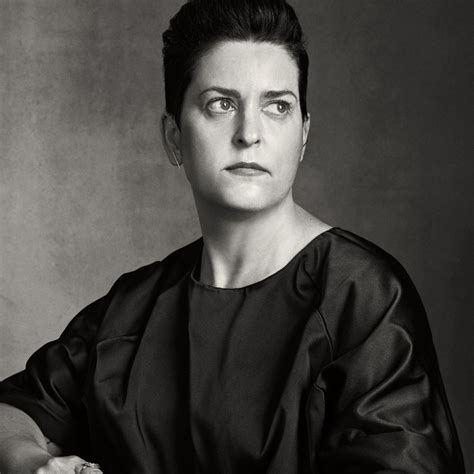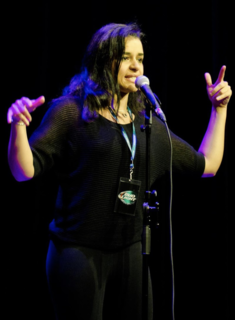A Quote by Will Self
There can be no more thrilling idea of intimacy that connecting with someone through the agency of the written word. Here we meet, on the page, naked and unadorned: shorn of class, race, gender, sexual identity, age and nationality. The reader I seek is a tautology, for he/she is simply exactly the person who wants to read what I have written...
Related Quotes
The techniques are all means of dealing with one simple idea: She wrote it. (That is, the "wrong" person--in this case, female--has created the "right" value--i.e., art.)
Denial of Agency: She didn't write it.
Pollution of Agency: She shouldn't have written it.
Double Standard of Content: Yes, but look what she wrote about.
False Categorizing: She is not really she [an artist] and it is not really it [serious, of the right genre, aesthetically sound, important, etc.] so how could "she" have written "it"?
Or simply: Neither "she" nor "it" exists (simple exclusion).
I never felt like a happy-go-lucky ingenue to begin with. And parts are written better when you're older. When you're young, you're written to be an ingenue, and you're written to be a quality. You're actually not written to be a person, you're written for your youth to inspire someone else, usually a man. So I find it just much more liberating.
More platform-sensitive generations will make distinctions between online and in-person intimacy, whereas fourteen-year-olds have very nuanced online selves and might embody their virtual identity in the physical, analogue version of themselves. They have a much more pluralistic understanding of the self. I don't think we'd be here now in this amazing sexual and gender revolution without the online space where young people can see and share other versions of identity and sexuality.
What "Make America Great" means is it doesn't mean race, and it doesn't mean gender, and it doesn't mean sexual orientation, and it doesn't mean anything identity politics related that seems to appeal to the Democrat Party. It's about a culture. It's about an identity. It's about an idea - the American idea, the American ideal.
































